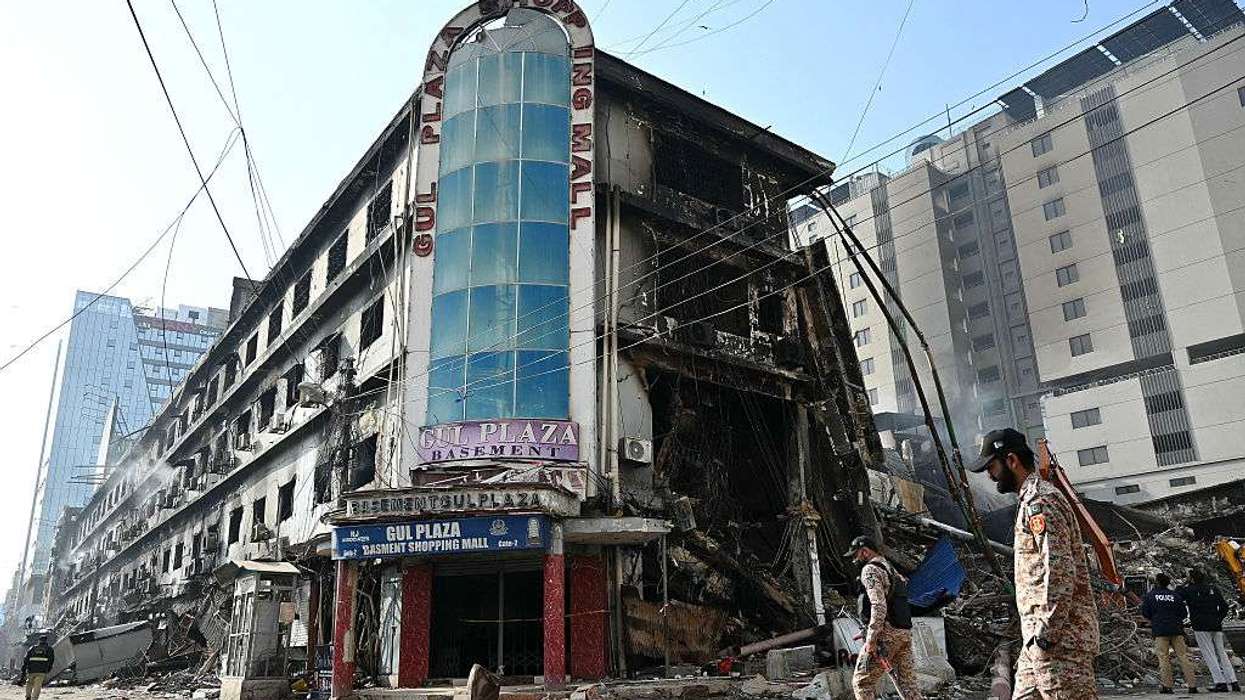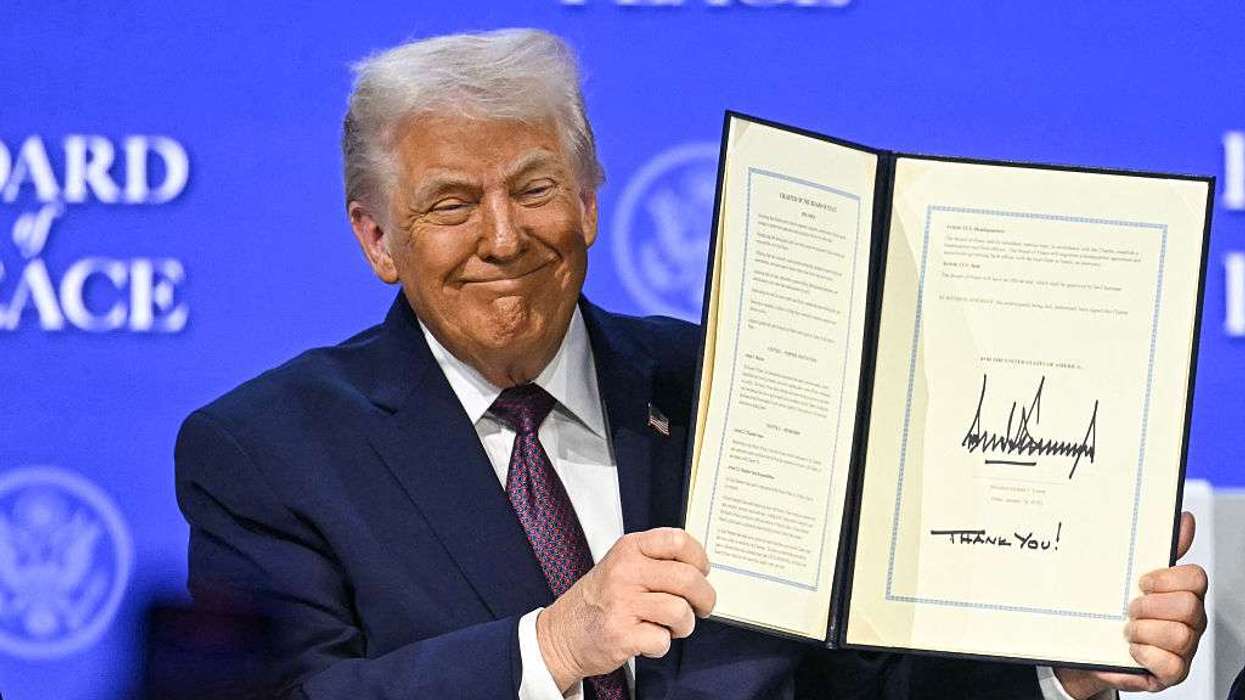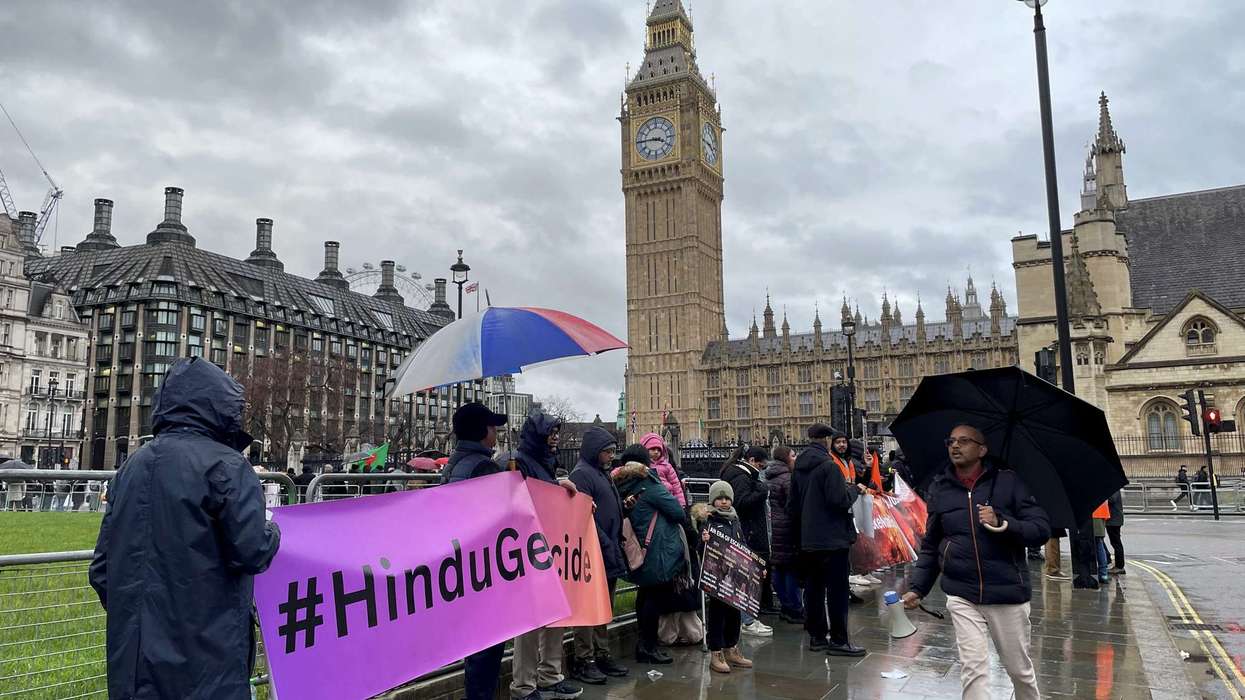GPs working in the most deprived areas of England earn an average of £5,525 less per year than those in wealthier areas, according to a study by the University of Manchester published in the Journal of the Royal Society of Medicine.
The researchers analysed data from over 8,500 GPs between 2015 and 2021 as part of the GP work life survey.
The study found that GPs in deprived areas also face more challenges, including higher pressures from problem patients, limited practice resources, and difficulties finding locum cover, reported The Guardian.
The study found no difference in weekly working hours, job satisfaction, or intention to quit between GPs in deprived and affluent areas.
Lead author Dr Michael Anderson, a lecturer at the University of Manchester and a practising GP, said: “Without targeted investment and policy interventions, the difficulties faced by GPs in deprived areas will only continue to worsen, exacerbating health inequalities.”
He added: “In more deprived areas, the partners earn less and there’s also less money available.”
Prof Matt Sutton, senior author of the study, said: “Addressing their concerns about increased job pressure and decreased resources would help reduce health inequalities.”
Last year, the Royal College of GPs called for a major reform in GP funding allocation.
A Department of Health and Social Care spokesperson said: “Our reforms will also tackle head on the appalling healthcare inequalities that exist within Britain today.”





